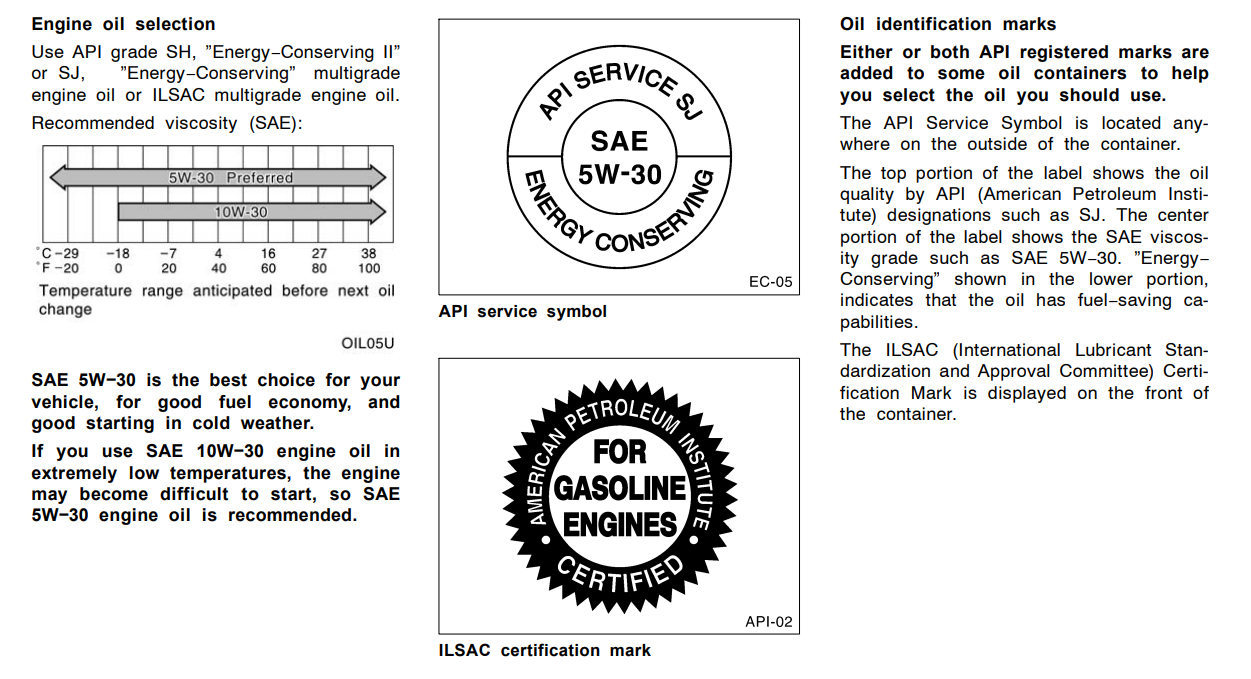I have a "If if were your Corolla" question.
Mine is a '98 LE with ~73K miles; starts and runs pretty much like a new one; does not consume oil. A couple of oil changes back I started using full synthetic, currently running Pennzoil 5W-30 Platinum High Mileage--next change I may try something different.
My question: If it were your car, how many miles would you put on this oil between changes? (I'm less interested in your opinion of Pennzoil)
Personally, I put literally about 5-6K miles on this car in a year.... maybe 7K.
-thanks!
Mine is a '98 LE with ~73K miles; starts and runs pretty much like a new one; does not consume oil. A couple of oil changes back I started using full synthetic, currently running Pennzoil 5W-30 Platinum High Mileage--next change I may try something different.
My question: If it were your car, how many miles would you put on this oil between changes? (I'm less interested in your opinion of Pennzoil)
Personally, I put literally about 5-6K miles on this car in a year.... maybe 7K.
-thanks!

